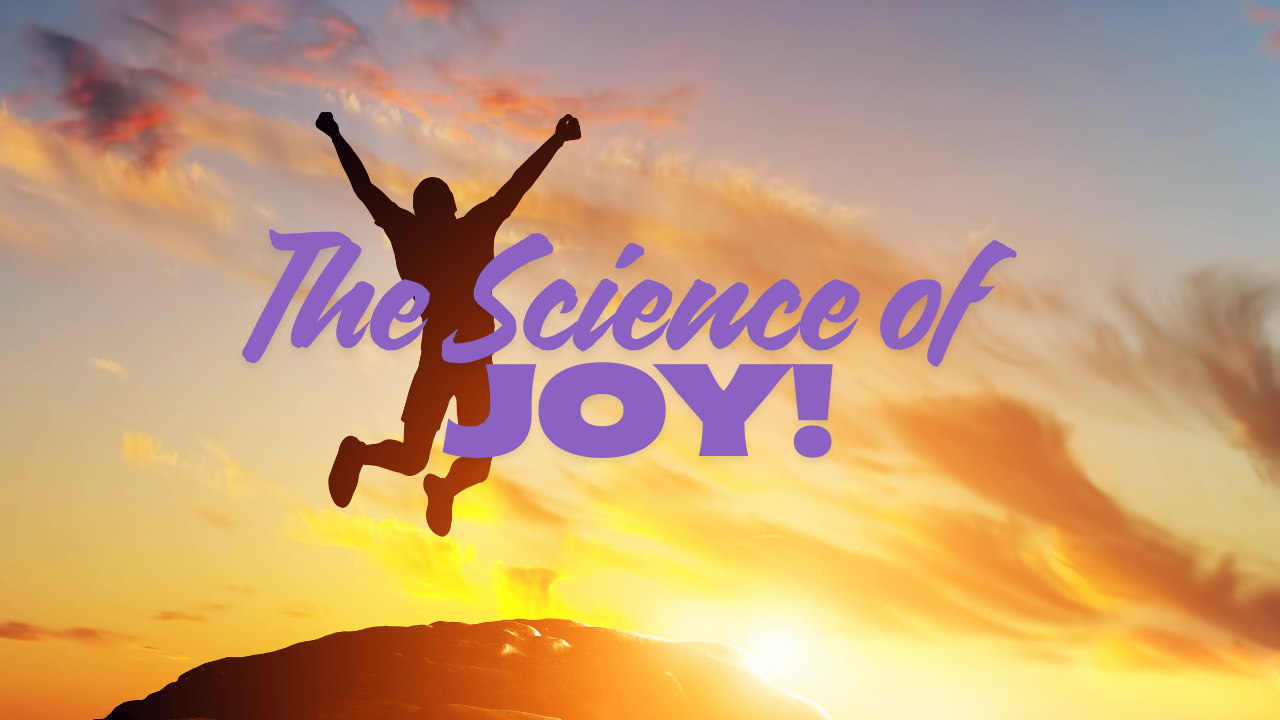The Science of Joy
Nov 12, 2025
Joy gets written off as something fluffy, almost indulgent. But joy isn’t random. It isn’t luck. And it definitely isn’t a fleeting mood you only get when life finally lines up.
Joy is a measurable nervous system state.
Stress Blocks Joy
When your body is locked in stress, joy feels impossible. The nervous system is on guard, cortisol is high, and the brain is focused on survival. In that state, joy can’t stick—it’s chemically blocked. You might laugh at something, but it fades fast because your biology isn’t built to hold it.
The Biology of Joy
When you’re regulated, different chemistry comes online:
-
Dopamine motivates and creates pleasure.
-
Serotonin stabilizes mood and relaxes the system.
-
Oxytocin builds connection and trust.
These aren’t just “happy chemicals.” They shift your body into repair, strengthen immunity, and allow creativity and play to return. That’s what joy actually is—your biology signaling safety.
Why This Matters
If joy feels rare in your life, it’s not because you’re ungrateful or too busy. It’s because your nervous system hasn’t been taught how to stay out of survival mode.
You don’t have to chase joy. You train your body to hold it. That’s regulation. That’s rewiring. That’s neuroplasticity doing its job.
The Point
Joy is science. It’s not a gift reserved for the lucky. It’s a state your body can create when the nervous system is recalibrated.
And once it’s your baseline, joy stops being a moment—you start living from it.

